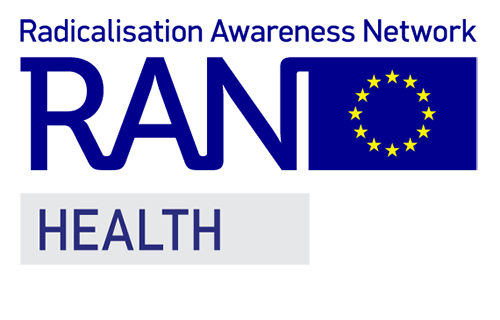
We are currently looking for suitable participants for the RAN Mental Health Working Group meeting on “The ‘how’ and ‘why’ of hate crimes and the implications for mental health practitioners”.
Background
In the EU, the number of hate crimes has steadily increased over the past decade. This is an alarming development since it can have devastating consequences for the victims. Hate crime victims are more likely to experience psychological distress than victims of other violent crimes. Hate crimes send messages to members of the victim’s group that they are unwelcome and unsafe in the community, victimising the entire group and decreasing feelings of safety and security. Furthermore, witnessing discrimination against one’s own group can lead to psychological distress and lower self-esteem leaving individuals isolated, vulnerable and at potentially at risk.
In addition to the psychological effects on the individuals and communities, hate crimes also impact the broader society, for example through mutual radicalisation on the internet. Online hate speech fosters offline hate crimes, which in turn generates online hate speech by the ‘opposing’ group. Hate crimes motivated by extremist ideologies promote hatred and division within a society, which can lead to the isolation of individuals and communities from mainstream society.
Radicalisation is a multidimensional process, with many factors that can influence it. The psychological state of feeling alienated, excluded, discriminated against and detached from society can become a risk factor for violent extremism. People might seek to meet their needs for affiliation with extremist groups or ideologies.
Mental health professionals can intervene in this context on different levels. On an individual level this means supporting the victims and counselling offenders. On a community level mental health practitioners can provide help and input for community dialogue and restorative justice.
This meeting will address the effects of hate crimes on communities and individuals by discussing the psychosocial impact. It will furthermore discuss the effects of victimhood, aggression, trauma and the implications for mental health professionals. Where can mental health professionals have an impact? Where, when and how should they intervene?
Call for participants
We are currently looking for mental health practitioners, victims or survivors of terrorism or hate crimes and family and community workers. In order to find the best suited participants and to tailor the meeting content to the practitioners’ needs, we would like you to fill out this survey by 13 November.
We will invite participants based on this information. Please keep in mind that we only have a limited number of spots available for this meeting, so participation is not guaranteed. We will contact you about your participation in early November.
If you know other suitable participants, we encourage you to forward the call.
Do you have any questions? Please do not hesitate to contact j [dot] krasenberg radaradvies [dot] nl (Jordy Krasenberg) and f [dot] deniz
radaradvies [dot] nl (Jordy Krasenberg) and f [dot] deniz radaradvies [dot] nl (Feline Deniz).
radaradvies [dot] nl (Feline Deniz).
Sources
Details
- Publication date
- 17 October 2022
- Author
- Directorate-General for Migration and Home Affairs
- Location
- Berlin
